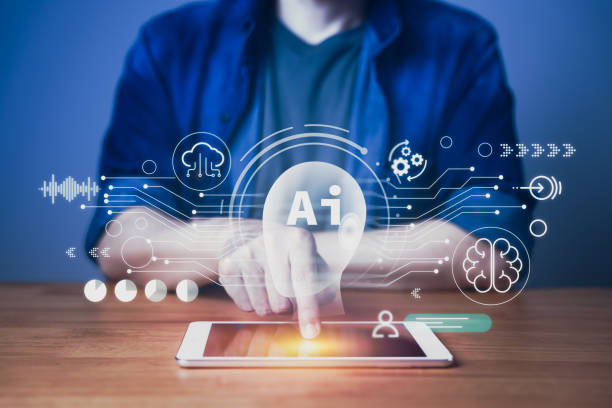What is an AI Robot? A Comprehensive Definition
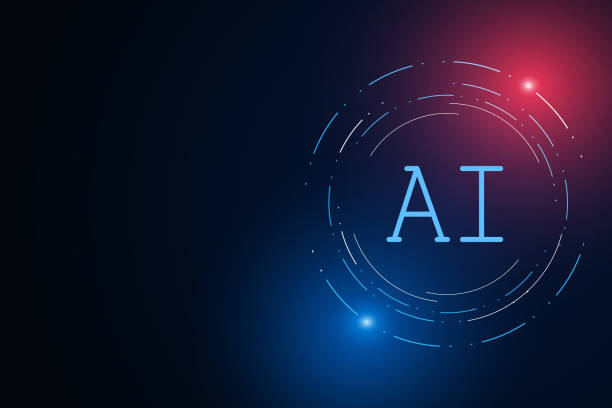
#AI robot is a combination of two distinct but related fields: #robotics and #artificial_intelligence.
Robots are physical machines capable of performing tasks automatically or semi-automatically.
Artificial intelligence, on the other hand, refers to the ability of a computer system to mimic human cognitive functions such as learning, problem-solving, and decision-making.
When these two technologies are combined, AI robots emerge – robots that can not only perform physical tasks but also understand their surroundings, learn from experiences, and make intelligent decisions.
These robots can be used in a wide range of industries and applications.
AI robots have the ability to analyze data, identify patterns, and respond to unexpected conditions.
In fact, artificial intelligence is the brain of the robot, and robotics forms its body and limbs.
AI robots are designed to perform various tasks, from repetitive duties on production lines to complex operations in hazardous environments.
Is your company’s website as professional and trustworthy as it should be? With specialized corporate website design by RasaWeb, create an online presence that reflects your credibility and attracts more customers.
✅ Build a powerful and professional image for your brand
✅ Convert visitors into real customers
⚡ Get a free consultation now!
How AI Robots Work
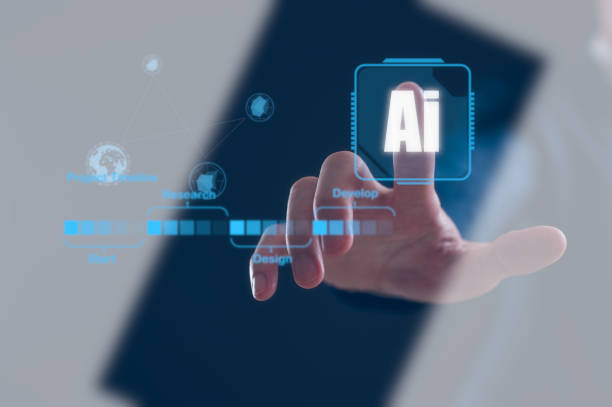
The functioning of #AI robots is based on a continuous feedback loop.
This cycle typically includes the following stages:
1.
**Sensors:** Robots use various sensors such as cameras, microphones, touch sensors, etc., to collect information from their environment.
2.
**Data Processing:** Data collected by sensors is processed by a computer system. This system usually uses #machine_learning and #natural_language_processing algorithms to extract useful information and identify patterns.
3.
**Decision Making:** Based on the processed information, the robot decides what action to perform. This decision-making can be based on a set of predefined rules or a complex machine learning model.
4.
**Action:** The robot performs the selected action using motors, arms, and other actuators.
5.
**Feedback:** The robot evaluates its performance and collects new information from the environment. This information is fed back to the computer system so that the robot can improve its performance in the future.
By repeating this cycle, an AI robot can continuously learn and adapt to new conditions.
Applications of AI Robots in Various Industries
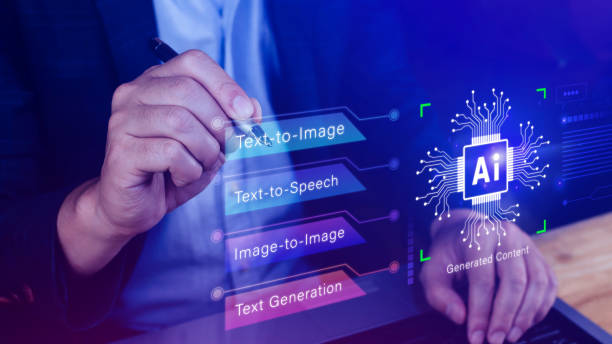
#AI robots are used in a wide range of industries and applications.
Some of the most important applications include:
1.
**Manufacturing:** AI robots can be used for repetitive, dangerous, and precise tasks on production lines. These robots can help increase productivity, reduce costs, and improve product quality.
2.
**Healthcare:** AI robots can be used for complex surgeries, assisting in patient rehabilitation, and providing remote medical care. These robots can help improve the accuracy and speed of surgical procedures, reduce risks for patients, and provide medical care to individuals in remote areas.
3.
**Customer Service:** AI robots can be used as virtual assistants in call centers and websites. These robots can help answer customer questions, provide information, and solve their problems. AI robots significantly help improve customer satisfaction and reduce customer service costs.
4.
**Agriculture:** AI robots can be used for tasks such as planting, tending, and harvesting agricultural products. These robots can help increase productivity, reduce water and pesticide consumption, and improve the quality of agricultural products. AI robots also help protect the environment.
5.
**Transportation:** AI robots can be used for driving autonomous cars, trucks, and airplanes. These robots can help reduce accidents, improve traffic flow, and reduce fuel consumption.
| Industry | AI Robot Application | Benefits |
|---|---|---|
| Manufacturing | Performing repetitive and precise tasks | Increased productivity and reduced costs |
| Healthcare | Performing complex surgeries and providing remote care | Improved accuracy and reduced risks |
| Customer Service | Answering questions and solving problems | Improved customer satisfaction |
| Agriculture | Planting, tending, and harvesting crops | Increased productivity and reduced water consumption |
Challenges Facing the Development of AI Robots
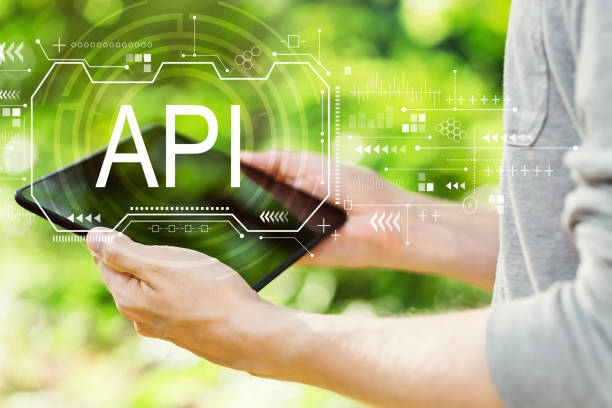
The development of #AI robots faces numerous challenges.
1.
**Cost:** The development and implementation of AI robots can be very expensive.
2.
**Complexity:** Designing and building AI robots is very complex and requires knowledge and expertise in various fields.
3.
**Security:** AI robots can be vulnerable to cyberattacks and misuse.
4.
**Ethics:** The use of AI robots raises important ethical questions, such as accountability for robot decisions and the impact of robots on human employment.
5.
**Public Acceptance:** Public acceptance of AI robots may face resistance, especially if people are concerned about losing their jobs or the control of robots.
Despite these challenges, rapid advancements in #artificial_intelligence and #robotics promise a bright future for AI robots.
Are you tired of your e-commerce website not generating as much revenue as it could? RasaWeb, specialized in professional e-commerce website design, solves this problem forever!
✅ Increase sales rate and revenue
✅ High load speed and unparalleled user experience
⚡ Get a free e-commerce website design consultation!
The Future of AI Robots
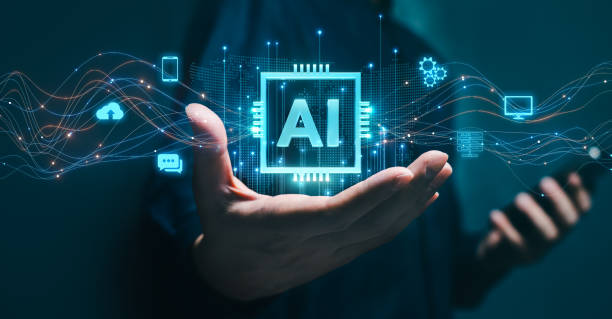
The future of #AI robots looks very bright.
With rapid advancements in artificial intelligence and robotics, AI robots are expected to play a more significant role in our lives in the near future.
These robots can help us with daily tasks, improve our quality of life, and even help us discover the unknown.
AI robots will be able to bring about significant transformations in fields such as medicine, education, transportation, and manufacturing.
Furthermore, AI robots can play a significant role in space exploration and scientific research.
Of course, to achieve this bright future, the challenges facing the development of AI robots must also be addressed and efforts made to overcome them.
Additionally, education and culturalization regarding AI robots will play an important role in the public acceptance of this technology.
The Impact of AI Robots on the Job Market
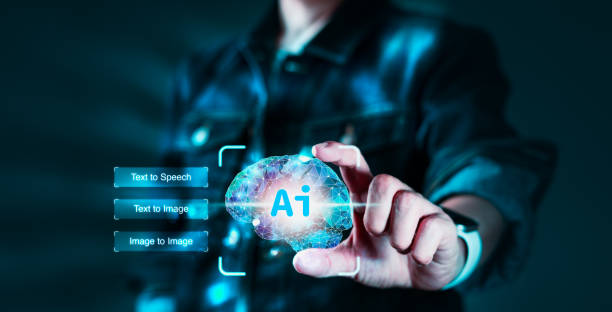
One of the main concerns regarding #AI robots is their impact on the job market.
Some experts believe that AI robots can lead to the loss of many jobs, especially those that are repetitive and require low skills.
However, others believe that AI robots can create new jobs and contribute to increased productivity and economic growth.
In fact, the impact of AI robots on the job market is complex and depends on various factors, including the pace of technological progress, government policies, and the education and skills of the workforce.
To mitigate potential negative effects, governments and companies need to increase investment in new training and skills and adopt policies that protect the workforce from changes in the job market.
If managed correctly, AI robots can create new opportunities for the workforce.
Ethical Aspects of Using AI Robots
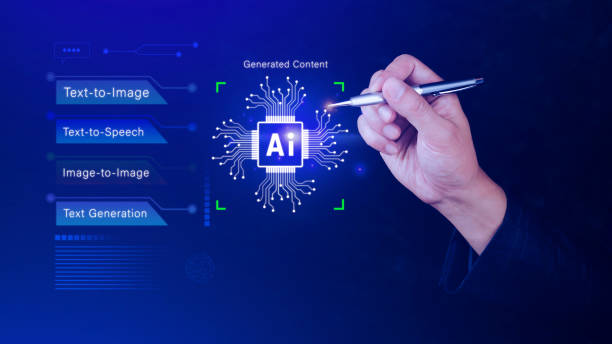
The use of #AI robots raises important ethical questions.
One of the most important questions is accountability for robot decisions.
If an AI robot makes a decision that leads to harm, who is responsible? The robot’s manufacturer, the robot’s user, or the robot itself? There are many questions about this issue, and there are no definitive answers yet.
Another ethical question is privacy protection.
AI robots can collect and process large amounts of information, which could lead to violations of individual privacy.
Also, the use of AI robots in warfare and other military applications raises important ethical questions about the use of autonomous weapons.
To address these ethical questions, a set of ethical rules and regulations for the development and use of AI robots needs to be formulated.
| Ethical Issue | Description |
|---|---|
| Accountability | Who is responsible for the robot’s decisions? |
| Privacy | How do we protect individuals’ privacy? |
| Military Use | Is the use of robots in warfare ethical? |
Investing in AI Robots
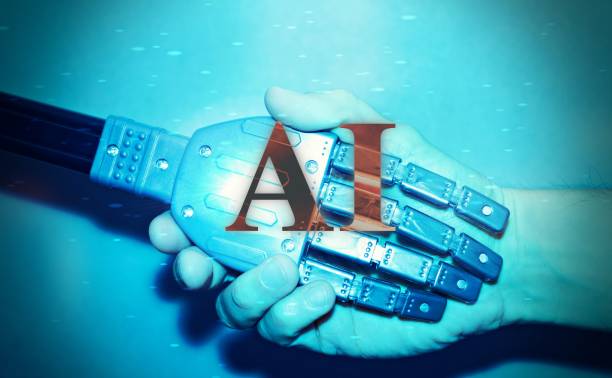
Investment in #AI robots is increasing.
Companies and governments worldwide are investing in the research and development of AI robots.
This investment is due to the high potential of AI robots to create innovation, increase productivity, and solve major problems.
Investing in AI robots can lead to the creation of new jobs, improved quality of life, and economic growth.
However, it is important that this investment is made responsibly and that ethical and social challenges related to AI robots are also addressed.
How much does losing business leads due to an unprofessional website cost you? With professional corporate website design by RasaWeb, solve this problem forever!
✅ Increase credibility and trust of potential customers
✅ Easier attraction of new business leads
⚡ Get a free consultation now!
The Role of Governments in the Development of AI Robots
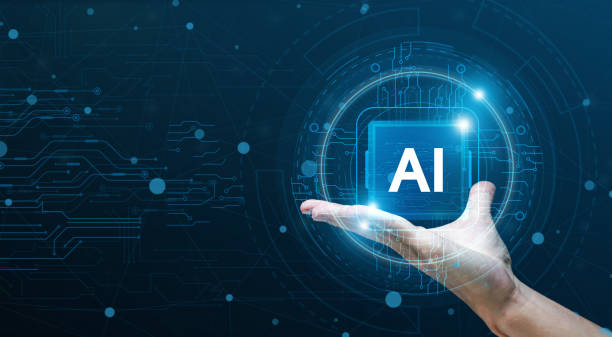
Governments play an important role in the development of #AI robots.
They can contribute to the responsible and sustainable development of AI robots by investing in research and development, formulating appropriate laws and regulations, and establishing ethical standards.
Governments can also help increase public awareness of AI robots through education and culturalization, and reduce potential public concerns about this technology.
Furthermore, governments can help develop businesses related to AI robots by supporting startups and creating a suitable ecosystem.
With government support, AI robots can become a powerful tool for solving social and economic problems.
AI Robots and the Future of Humanity
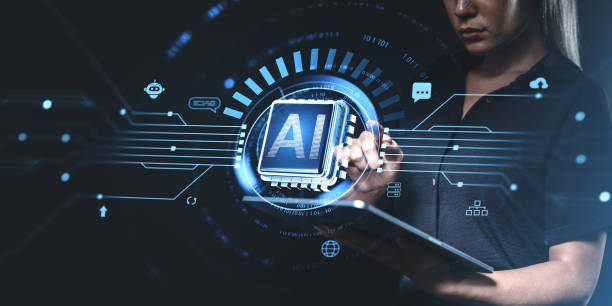
#AI robots have high potential to change human life.
These robots can help us with daily tasks, improve our quality of life, and even help us discover the unknown.
However, it is important to remember that AI robots are tools that must be used responsibly and ethically.
We must strive to ensure that AI robots are used for the benefit of all members of society and not just for a select few.
Additionally, we must address the ethical and social challenges associated with AI robots and strive to overcome them.
If managed correctly, an AI robot can become a powerful tool for improving human life and building a better future.
The future of #AI robots is in our hands, and we must shape this future with care and responsibility.
AI robots can help us achieve our goals, but we must not forget that humans are the creators and controllers of this technology.
Frequently Asked Questions
| Question | Answer |
|---|---|
| What is an AI robot? | An Artificial Intelligence Robot (AI Robot) is a machine capable of understanding its environment, reasoning, learning, and making decisions to perform tasks independently. |
| What is the difference between regular robots and AI robots? | Regular robots perform repetitive tasks based on prior programming, while AI robots can learn from experience, interact dynamically with their environment, and even behave in ways that resemble human intelligence. |
| What are the main applications of AI robots? | They are used in industries (manufacturing, assembly), medicine (surgery, diagnosis), services (customer support, domestic), exploration (space, underwater), and many other fields. |
| What technologies are used in building AI robots? | Machine Learning, Computer Vision, Natural Language Processing, Deep Learning, and Robotics are among the key technologies. |
| Can AI robots have emotions? | Currently, robots do not have emotions in the human sense. They can recognize and react to emotions, but they do not experience emotions themselves. |
| What are the main challenges in developing AI robots? | Safety, reliability, ethics, autonomy, adaptability to complex environments, and natural human interaction are among the important challenges. |
| How are AI robots trained? | They are usually trained using large amounts of data, machine learning algorithms, and deep learning to identify patterns and make decisions. |
| Examples of AI robots in daily life? | Smart robotic vacuum cleaners, customer support chatbots, autonomous cars, and surgical robots in hospitals. |
| Are AI robots a threat to human jobs? | Some repetitive jobs may be automated, but at the same time, robots can increase productivity and create new jobs in the development, maintenance, and supervision of these systems. |
| How is the future of AI robots predicted? | They are expected to become smarter, more autonomous, and capable of performing more complex tasks, and to interact more closely with humans in various environments. |
And other services of RasaWeb advertising agency in the field of advertising
- Smart Advertising Campaign: A creative platform to improve customer acquisition with Google Ads management.
- Smart UI/UX: A fast and efficient solution for user interaction focusing on attractive user interface design.
- Smart Marketplace: Designed for businesses seeking digital branding through intelligent data analysis.
- Smart Google Ads: Revolutionize campaign management with intelligent data analysis.
- Smart Marketplace: Designed for businesses looking to manage campaigns through the use of real data.
And over hundreds of other services in the field of internet advertising, advertising consultation, and organizational solutions
Internet Advertising | Advertising Strategy | Advertorial
Sources
Ethical Challenges in Robotics and Artificial Intelligence
New Applications of Artificial Intelligence and Future Robots
The Future of AI Technology: Opportunities and Challenges
The Impact of Artificial Intelligence on the Job Market and Professions
? With RasaWeb Afarin, your business soars with power in the digital world. From responsive website design to search engine optimization, we are with you to have a powerful and lasting presence on the web.
📍 Tehran, Mirdamad Street, next to Bank Markazi, Southern Kazeroon Alley, Ramin Alley, No. 6


